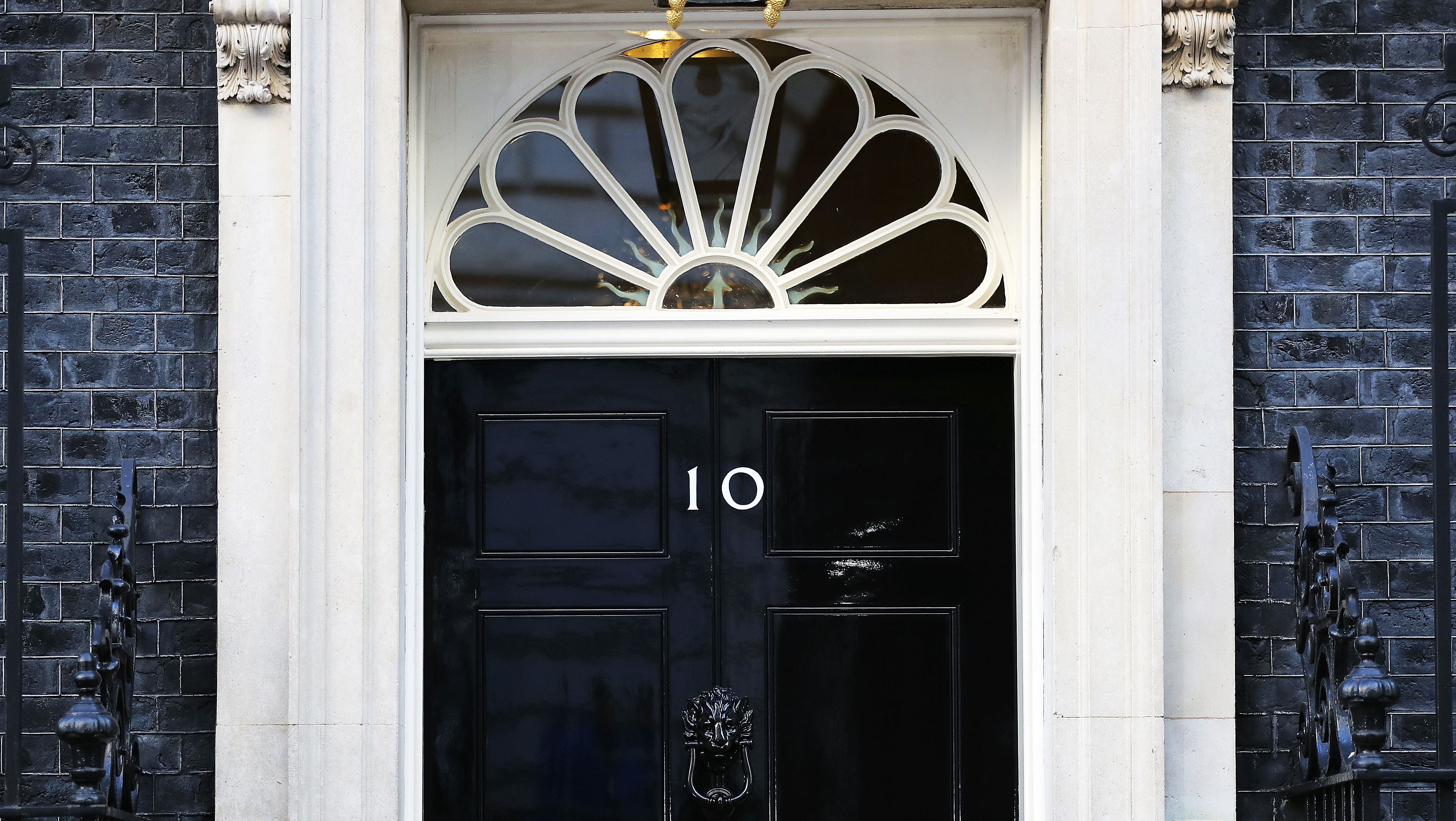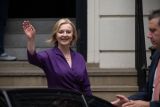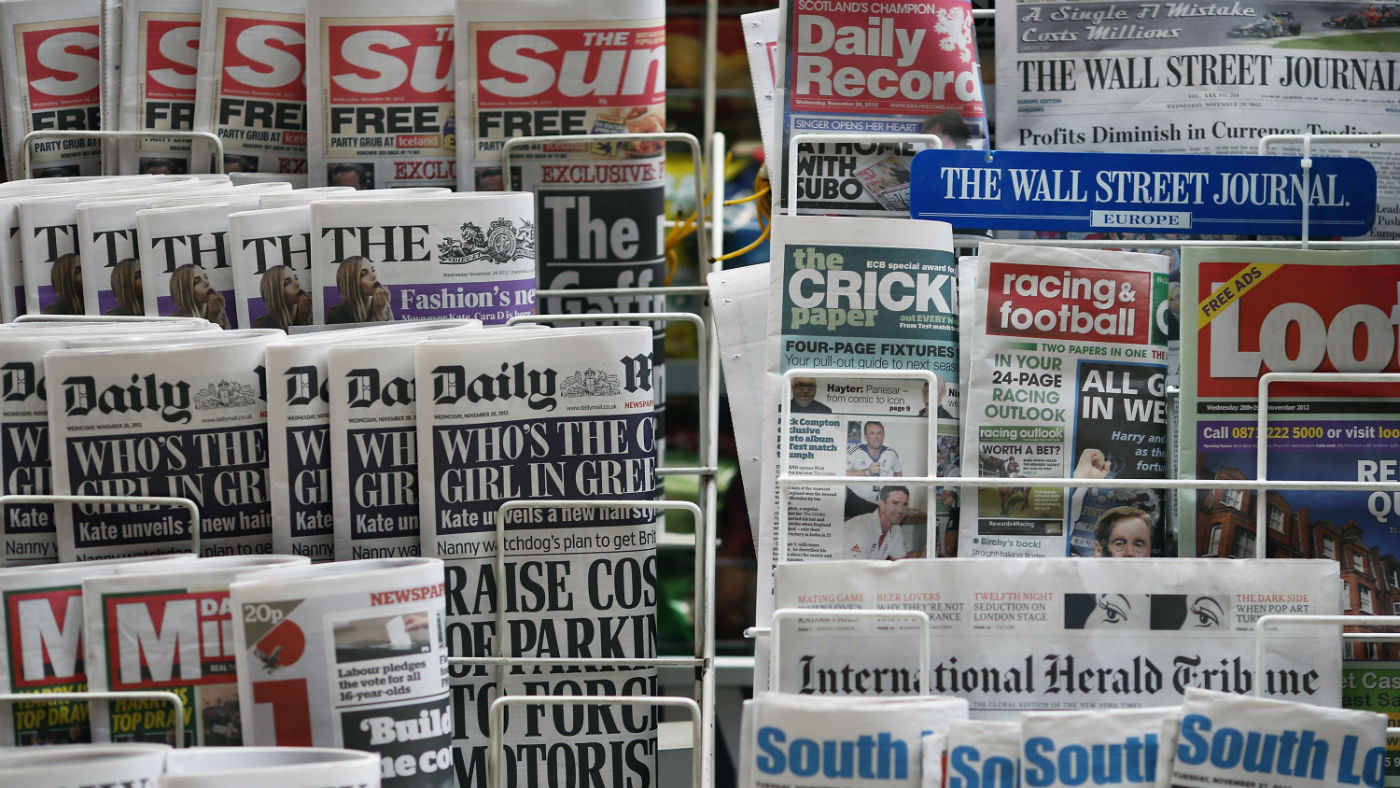What is trickle-down economics?
Skip to headerSkip to main contentSkip to footer
Today’s big question
Liz Truss is a big fan of the economic ideology championed by Ronald Reagan and Margaret Thatcher

As Liz Truss maps out her future as the UK’s new prime minister, her plans for the nation’s faltering economy may feel like a return to the 1980s.
Truss “won over Conservative members with scores of pledges and pledges” during her Tory leadership campaign, said Politico, which counted up 149 “policy commitments” in total. But according to the i news site’s chief political commentator Paul Waugh, the “most important thing” that the former foreign secretary said this summer was on the BBC’s new flagship politics show Sunday With Laura Kuenssberg last weekend.
In an interview that was mocked by a fellow guest, Truss insisted that economic growth was more important than redistribution of wealth, because “growing the economy benefits everybody” –the core argument of the ideology known as trickle-down economics.
What is trickle-down economics?
The dominant economic ideology of the 1980s, trickle-down economics was championed by Ronald Reagan and Margaret Thatcher.
The idea is that “economic growth can be created most effectively by the lowering of high-income and corporate taxes, the deregulation of business, and the lowering of trade barriers”, said Unherd’s Thomas Fazi. “This, supposedly, will benefit society as a whole, since the increased gains of the wealthy will then trickle-down to the poorer members of society,” he added.
Expounding that rationale during her interview with Kuenssberg, Truss said: “To look at everything through the lens of redistribution, I believe, is wrong. Because what I’m about is growing the economy. And growing the economy benefits everybody.
“So far, the economic debate for the past 20 years has been dominated by discussions about distribution. But what’s happened is that we have had relatively low growth.”
What did the papers say?
The new PM’s “explicit advocacy of what resembles the trickle-down economics of the US” under Reagan marks a “striking break” from Boris Johnson’s “often interventionist levelling-up agenda” , said The Guardian.
The i news site’s Waugh agreed that replacing “level up” with “trickle down” instead “feels very much like the kind of message” deployed by Thatcher and the former US leader.
BBC journalist Lewis Goodall tweeted that Truss’s belief in trickle-down economics is a “clear return to an explicitly Thatcherite set of principles around economic thinking, with the associated political risks therein”.
ITV’s politics editor Robert Peston wrote that he hadn’t heard any leading British politician make the case for trickle-down economics “for donkey’s years, largely because the economic evidence for its efficacy is scant”. UnHerd’s Fazi argued that “far from growing the economic pie, these policies have widened social inequality in all high-income countries at an unprecedented rate”.
“Even the IMF, the bastion of economic orthodoxy, now recognises this,” Fazi added.
Truss’s economics plans do have high-profile supporters, however.
In an interview with The Guardian, leading economist Patrick Minford insisted that tax cuts were needed to prevent the economy from sliding into recession. Active fiscal policy – measures involving tax and public spending – were required so that the Bank of England could tackle soaring inflation, said Minford, who was reportedly “influential in persuading Thatcher to stick to her economic strategy during her first term”.
Former chancellor Sajid Javid has also argued against cutting taxes. In an article for The Times last month, the leadership contender-turned-Truss ally wrote: “Some claim that tax cuts can only come once we have growth. I believe the exact opposite – tax cuts are a prerequisite for growth.”
What next?
Truss is now expected to begin outlining her plans for the economy, including a freeze on annual energy bills that could cost £130bn over the next 18 months. How she intends to pay for the predicted freeze may be an early indicator of whether the new PM will stick to her stance on trickle-down economics.
If the PM intends to “abide by her campaign promises to make tens of billions of tax cuts”, said the BBC’s economics editor Faisal Islam, “borrowing will have to go up in the first instance”.
But the vast amounts involved could trigger a rethink by Truss, who “massively rowed back” on “remarks she made earlier in the campaign that suggested she was not a fan of Bank of England independence”, said ITV’s Peston.
But if she does stick to her trickle-down ideology, he added, Truss “represents perhaps the most important shift in UK economic policy since Thatcher”.
Sacked minister’s wife attacks ‘imbecile’ Truss

Tall Tales
Sacked minister’s wife attacks ‘imbecile’ Truss
What is Boris Johnson planning to do next?

Today’s big question
What is Boris Johnson planning to do next?
Ten Things You Need to Know Today: 7 September 2022

Daily Briefing





